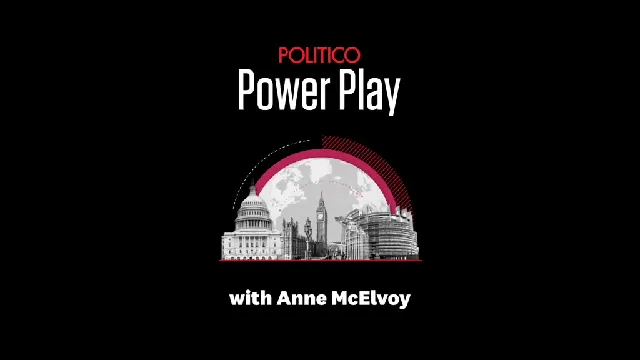
Canada's G7 Leadership: Chrystia Freeland's Role in Shaping Relations
2024-09-26 04:00- Canada will take on the G7 presidency next year, allowing it to shape transatlantic relations.
- Prime Minister Justin Trudeau is facing significant political challenges, including low poll numbers and by-election defeats.
- Deputy Prime Minister Chrystia Freeland's role is crucial as the government prepares for the upcoming general election.
Express your sentiment!
Insights
Canada is set to assume the presidency of the G7 next year, positioning itself to influence transatlantic relations significantly. This opportunity arises amidst a challenging political landscape for Prime Minister Justin Trudeau, who faces declining poll numbers and recent by-election losses that may indicate waning public support. Deputy Prime Minister and Finance Minister Chrystia Freeland has stepped into the spotlight, discussing the implications of these challenges on Trudeau's leadership and the government's future. The political climate is further complicated by a motion of no-confidence introduced by Conservative leader Pierre Poilievre, which could threaten Trudeau's position. As the G7 presidency approaches, the stakes are high for Canada to navigate these domestic and international pressures effectively, ensuring that it can maintain a strong role on the global stage regardless of the political shifts in the United States. The upcoming general election will be a critical test for Trudeau and his government, as they seek to regain public trust and demonstrate their capability to lead during a pivotal time.
Contexts
In the context of Canada's G7 leadership, Chrystia Freeland plays a pivotal role in shaping international relations, particularly with the European Union. On September 25, 2024, Minister François-Philippe Champagne met with Margrethe Vestager in Montréal to discuss strategic cooperation in artificial intelligence and competition policy, highlighting Canada's commitment to innovation and global challenges. Simultaneously, both Prime Minister Justin Trudeau and French President Emmanuel Macron are facing declining popularity due to rising right-wing movements and dissatisfaction with their leadership. Over 70% of Canadians express discontent with Trudeau's government, primarily due to high inflation and housing costs, which has led to a significant lead for the Conservative Party in polls. Additionally, Canada and the U.S. are addressing a long-standing boundary dispute in the Beaufort Sea, which has implications for Arctic resource management. This negotiation reflects the broader geopolitical dynamics that Canada must navigate as it seeks to strengthen its international partnerships. Amid these challenges, rising poverty levels in Canada, with 25% of the population living below the poverty line, further complicate the political landscape. The effectiveness of the social safety net is under scrutiny, as young adults and single-parent families are particularly affected, raising concerns about the socio-economic stability in the country.